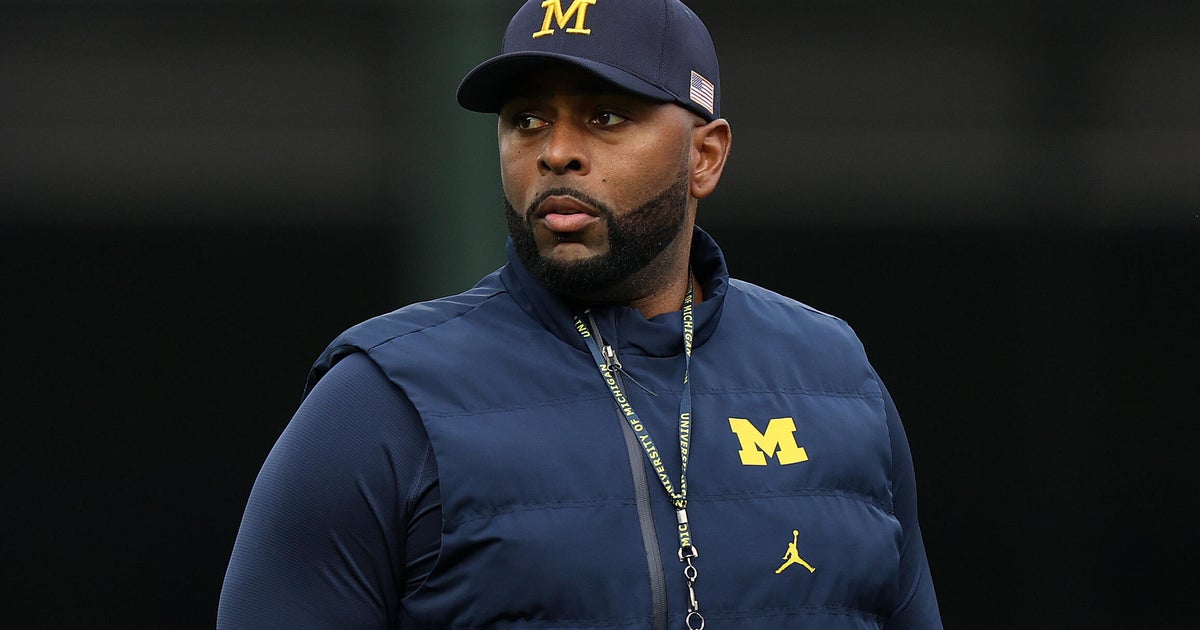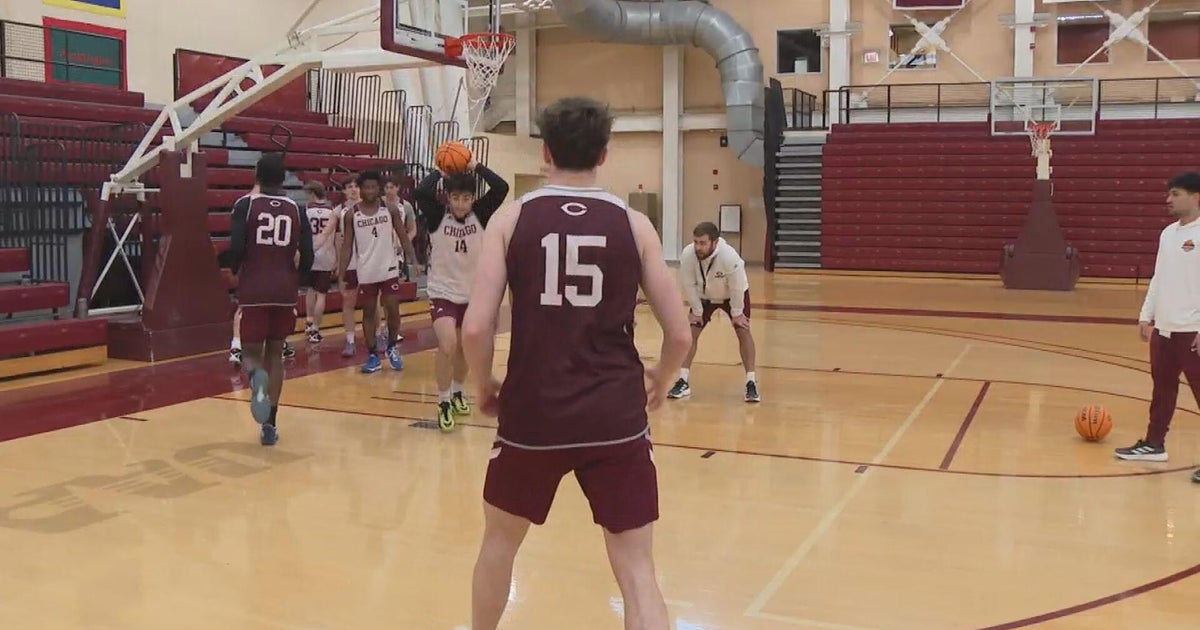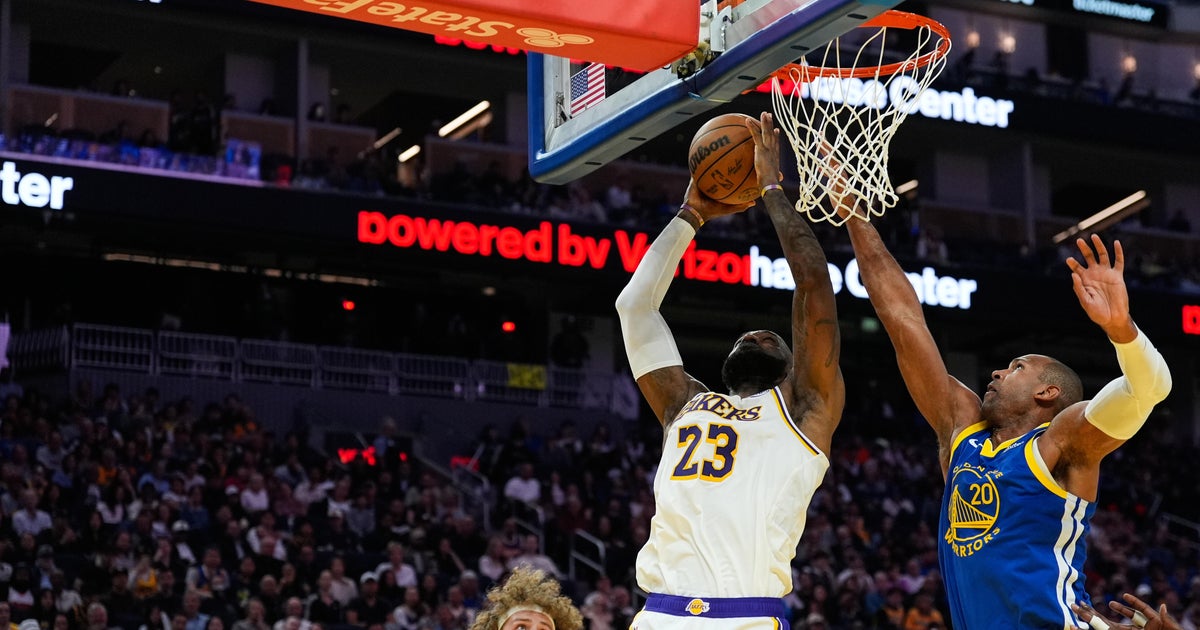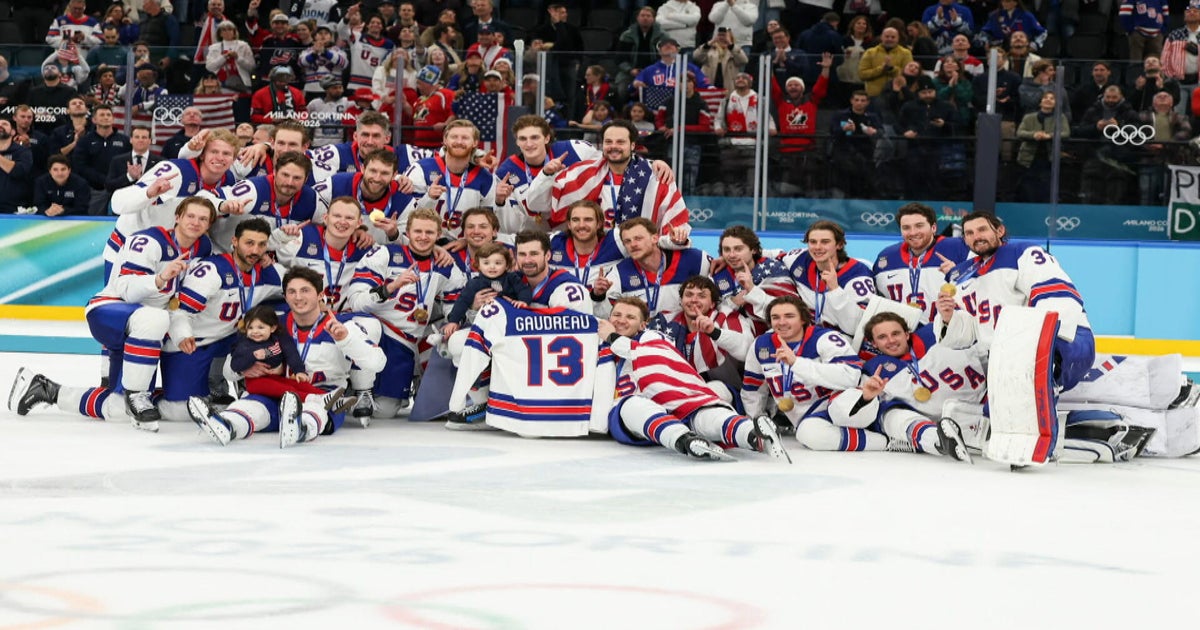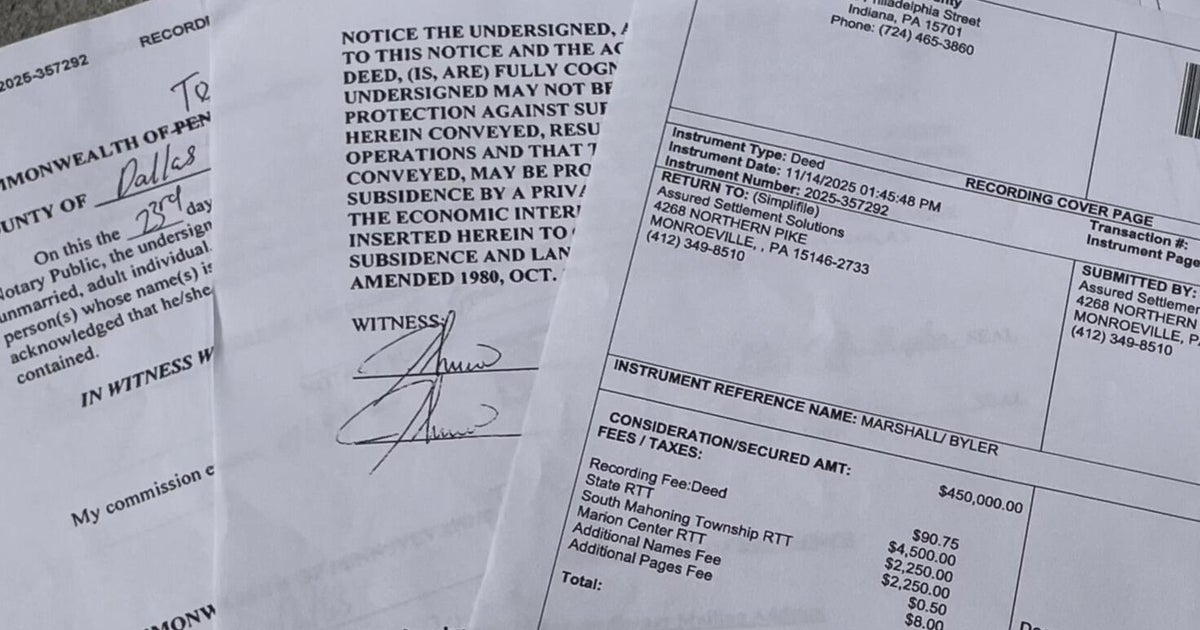Wisch: Post-Paterno, NCAA Should Institute Mandatory Retirement Age
By Dave Wischnowsky –
(CBS) As far as messes go, they don't get much more complex than the one that's swallowed Penn State University whole this month.
However, with that said, when you boil this many-tentacled child sex abuse scandal down to its rotten core, it actually becomes quite simple. That's because the entire sordid affair is really about just one thing.
Power.
It's about Jerry Sandusky's (alleged) power over young boys. It's about Joe Paterno protecting his own incomparable power. It's about Mike McQueary acquiescing to the power of JoePa's program. And it's about PSU's administrators failing to muster enough courage and integrity to defy the longstanding football powers that be and do what was right in order to protect the children of State College.
At Penn State, where a former FBI director has now been tapped to sift through the stench and uncover the cover-up, this isn't a case of a Lack of Institutional Control. Rather, the problem at PSU was a rampant overabundance of it. And that control was constructed over the more than 40 years that Paterno coached the Nittany Lions.
In light of all that and the continuing fallout, I think the NCAA should minimize the chance of future abuses of power by pulling the plug on what made Joe Paterno's so absolute – his endless reign.
I propose establishing a mandatory retirement age for NCAA coaches. Let's set it at 70, an age when most sensible coaches have already turned in their whistles. And those who haven't yet probably should have, as coaching and recruiting are a younger man's game.
After all, only one coach in all the major college and pro sports (MLB, NFL, NBA, NHL, NCAA basketball and football) has ever won a championship as a septuagenarian. That was Jack McKeon, who managed the 2003 Florida Marlins to a World Series title at the age of 72.
In college sports, meanwhile, the eldest champs are Jim Calhoun, who led Connecticut to the NCAA hoops title this past season at 68, and Bobby Bowden, who won a football crown at Florida State in 1999 at the age of 69.
In fact, in the long history of NCAA, the only other major coaches to win a championship after even the age of 64 was Kansas' 66-year-old basketball coach Phog Allen in 1952, and Alabama's Bear Bryant, who won football titles in 1978 and 1979 at the ages of 65 and 66.
By the time they reach their mid-60s, let alone their 70s (and 80s), most coaches are tapped out. That included Paterno, who hasn't really coached Penn State for years, a fact that's been readily apparent to anyone who has watched him sit in the press box, sans headphones, on a regular basis during Nittany Lions games.
Nevertheless, despite being only a nominal coach, Paterno maintained his immeasurable power and sway over the university and the greater State College community. In 2004, for example, when PSU administrators – his supposed bosses – asked him to retire at the age of 77, Paterno simply said, "No."
He instead went on to coach eight more seasons. And Paterno likely would still be coaching today – even with the announcement he has treatable lung cancer – if not for the atrocious scandal that finally toppled him this month.
The fact is, though, when you have a coach who's older than the Pope (Paterno turns 85 in December, Benedict XVI does so in April), more revered than a monarch and more powerful than a state governor, your school is just asking for big trouble.
And Penn State certainly got it.
At 84 years old, Joe Paterno had no business still coaching football. And PSU fans can go ahead and tout his library donations and other good deeds all they want, but there's simply nothing truly positive that can come from a man enjoying the kind of unfettered reign that JoePa enjoyed well into his 80s.
In presidential and other political systems, term limits exist to keep politicians from becoming "president for life" and morphing into a monarch. College sports can't establish "term limits," of course, as coaches aren't elected.
But, in such a unique profession where successful basketball and football coaches can command such enormous power and devotion from their fans, allowing them to enjoy it unchecked for decades on end can be downright dangerous.
In some industries, the touchy subject of mandatory retirement – which is viewed by many as age discrimination – is justified with the argument that certain occupations, such as military personnel, air traffic controllers or airline pilots, are either too dangerous or require high levels of physical and mental skill.
College athletics isn't a life-and-death business. But it does deeply impact many lives, as we've seen all too well at Penn State this month. And come 70 years old, it should be time for powerful coaches to move on with their lives.
And not let universities be dominated by them instead.
If nothing else, Dave Wischnowsky is an Illinois boy. Raised in Bourbonnais, educated at the University of Illinois and bred on sports in the Land of Lincoln, he now resides on Chicago's North Side, just blocks from Wrigley Field. Formerly a reporter and blogger for the Chicago Tribune, Dave currently writes a syndicated column, The Wisch List, which you can check out via his blog at http://www.wischlist.com. Read more of his CBS Chicago blog entries here.
